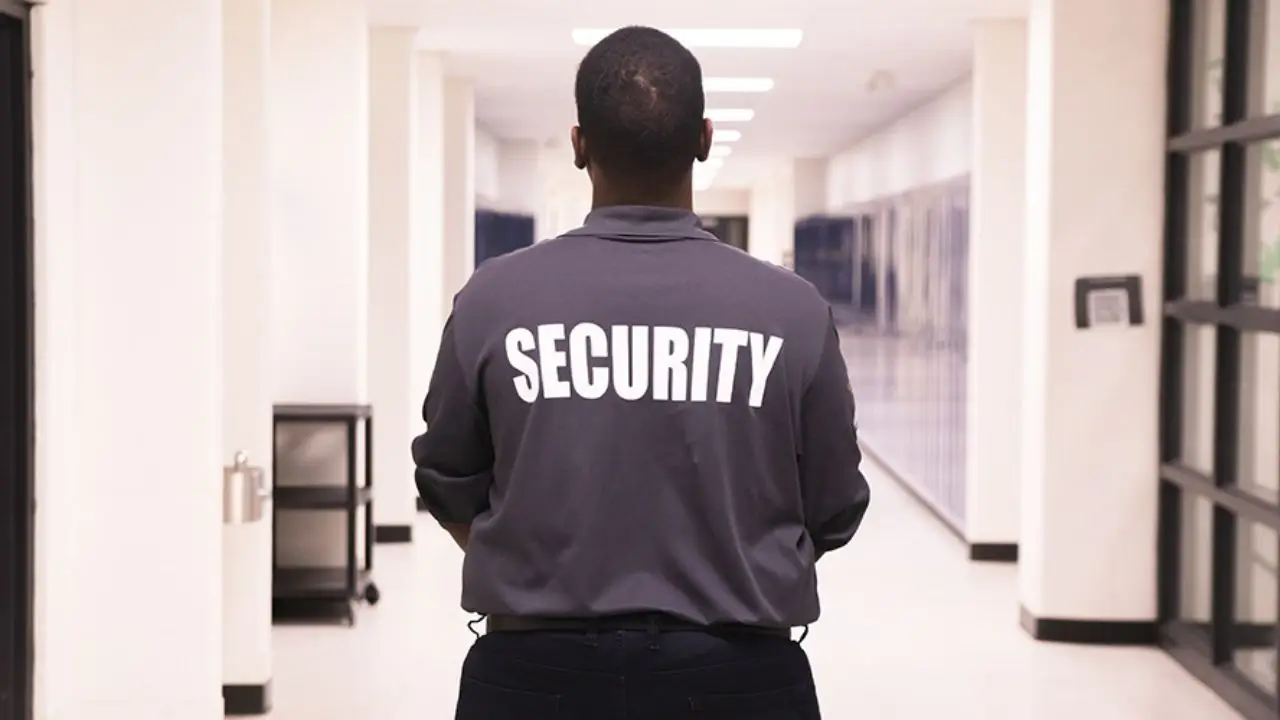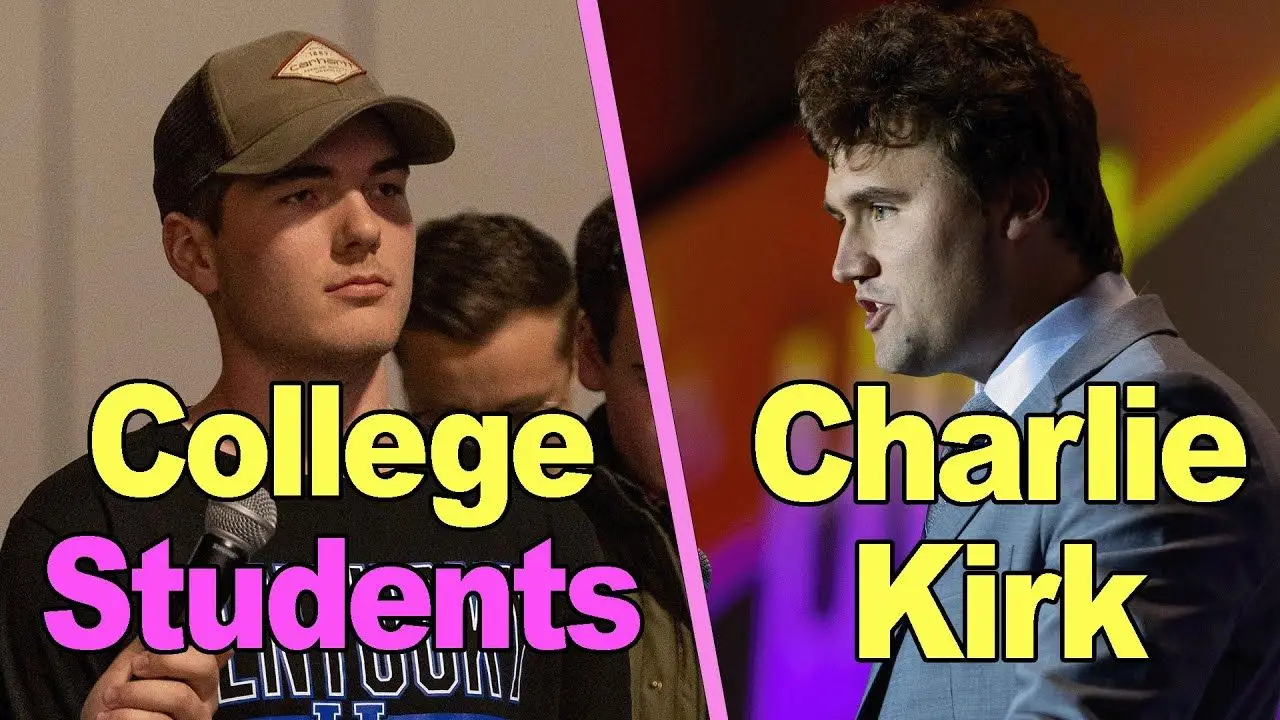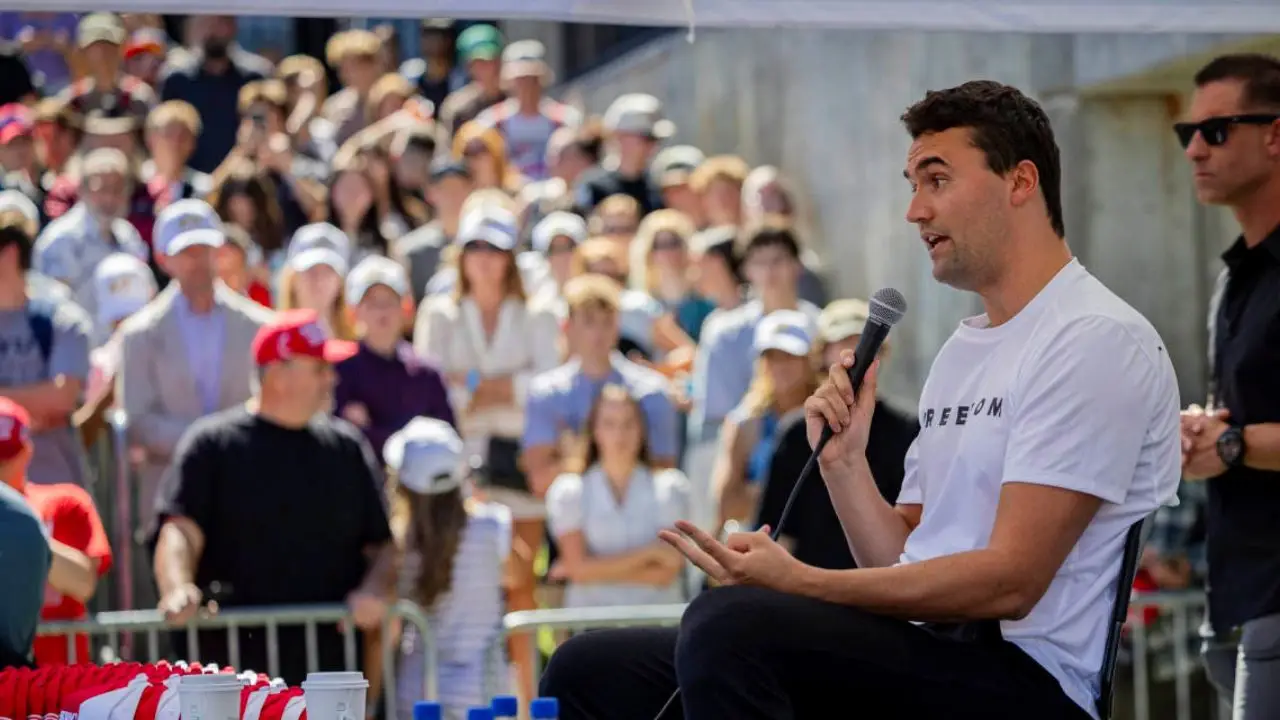Safety at University Events Featuring Political Speakers: The Case of Charlie Kirk
In the United States, university campuses have long served as forums for free speech, debate, and discussion. Prominent political personalities’ speeches frequently attract sizable crowds, fervent responses, and occasionally even demonstrations. Charlie Kirk, the founder of the conservative student movement Turning Point USA, is one person who often visits college campuses. His performances draw attention to the value of free speech as well as the difficulties colleges have in ensuring the safety of their speakers and students.
The Popularity of Campus Political Events
Speakers like Charlie Kirk get attention because they express strong opinions that some students find compelling while others find them controversial. Particularly well-known for his vocal conservative views on topics like immigration, free markets, and limited government is Kirk. Supporters flock to his events in large numbers, and detractors are equally ready to express their disapproval.
This diversity of viewpoints fosters an atmosphere where law and order are crucial. Universities have to strike a compromise between their duty to protect students, staff, and visitors and their commitment to free speech.
Why Security Matters
Universities must be ready for a number of obstacles whenever a well-known speaker visits campus:
- Huge Crowds: A well-attended event might draw more people than the space can accommodate. It becomes essential to control lineups, ticketing, and seating.
- Protests and Counterprotests: Students who don’t agree with a speaker frequently plan protests. In order to permit free speech while maintaining order, universities frequently designate specific spaces for protests.
- Online Threats and Harassment: Controversial personalities frequently encounter online criticism prior to performing live in the digital era. In order to make sure that threats stay online and not offline, universities occasionally keep an eye on them and collaborate with local law authorities.
- Emergency Preparedness: A basic component of contemporary event safety is the presence of medical personnel, campus police, and evacuation preparations.

Balancing Free Speech and Safety
How to permit free speech without fostering dangerous environments is one of the most contentious issues surrounding political gatherings on college campuses. Proponents of bringing in speakers like Charlie Kirk contend that colleges should be venues for the expression of all viewpoints, regardless of how well-liked they are. Some voices, according to critics, might cause divisiveness and make some students feel uncomfortable.
Universities have a delicate balance. Event cancellations for safety reasons may spark debate and lead to charges of censorship. However, permitting an event without adequate preparation could endanger kids. Careful preparation and honest communication between students, administrators, and security personnel are necessary to achieve this balance.
Examples of Safety Measures
Across the United States, colleges and universities have implemented measures to ensure the safety of campus events:
- ID checks and pre-registration are used to make sure visitors are part of the campus community.
- increased police presence on campus at contentious occasions.
- collaborations with neighborhood police in the event that a throng becomes too big for college police to handle alone.
- Students are given clear instructions on how to protest and what constitutes appropriate conduct.
In addition to keeping events safe, these precautions show that colleges can hold free discussions without compromising security.
The Role of Students
The atmosphere around college activities is greatly influenced by the students. Many colleges urge students to come in peace, pose thought-provoking queries, and have polite conversations. The majority of students opt for peaceful, nonviolent protests even when they do occur.
To voice their opinions, some students have, for instance, displayed signs, left Charlie Kirk events, or set up alternate forums. These measures maintain community safety while allowing for the expression of opinion.

Looking Ahead
Events at universities with speakers like Charlie Kirk will probably continue to be a source of controversy as long as political polarization persists in the United States. Upholding the right to free expression while making sure that everyone is safe is a challenge for institutions of higher learning.
Universities may continue to serve as venues for education, dialogue, and the free exchange of ideas by ensuring security, promoting polite conversation, and upholding the rights of both speakers and demonstrators.
Conclusion
Charlie Kirk’s university appearances draw attention to a larger problem in American education: striking a balance between campus safety and free speech. Universities must uphold people’s freedoms of speech and protest while fostering a safe atmosphere for all. Ultimately, these incidents serve as a reminder that democracy flourishes when individuals are able to exchange ideas, even when those opinions are diametrically opposed.

